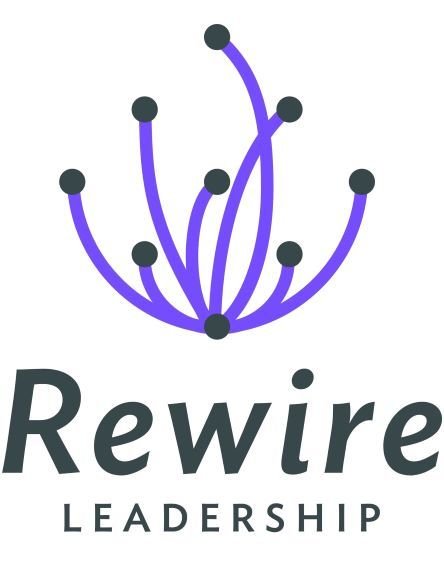Decision-Making Difficulties?
Introducing Prospecting Intensive
Decisions are an integral part of life. There's no getting around them. We make many decisions each day. Some are small and seemingly inconsequential. Others are big decisions that change our lives.
For some people, even those seemingly inconsequential decisions wreak havoc on our psyches. We worry. We ask ourselves, is this the right decision? Or will I feel foolish for making the wrong decision? How are others going to regard my choice? What if I haven't thought of everything and there are horrible consequences? Some of us even have sleepless nights, nail-biting, jaw-clenching anxiety. For others, it’s not so bad. But could it be easier, less painful, even joyful? Yes!
You can learn how to make stress-free decisions and actually trust the decisions that you make. There is a well-proven process that enables you to get clear about the competing voices in your head, discern your authentic desire versus your fears, and separate fact-finding from the decision itself.
The process is not simple. It takes self-reflection and a willingness to be honest with yourself.
If you are willing to take the deep dive into yourself, you’ll eventually get the rewards. Rather than being anxiety-producing, decision-making actually becomes fun and gives you the means to get you where you want to go.
Most people don’t realize that there are phases to decision-making. However, when you understand the phases of the decision-making process, it is easier to evaluate the risks and the potential rewards of your options. I call this process the Mindful Decision-Making Approach, or MDMA.
MDMA asks these questions:
What do you hope to accomplish?
What’s important about this decision, i.e., what is the possible impact?
What impediments are you aware of in herself and with others?
What resources do you need to get sufficient data and input?
What is the risk/reward ratio? What possible negative impacts or positive impacts are there if you make the decision? What if you don’t decide? How can you mitigate the risk?
Finally, the moment of choice is at hand. How do you develop confidence in yourself to trust that you will get on a positive trajectory or if necessary, cope with having to change and redirect?
Most important in this model is learning how to let go of perfectionism and develop trust in your ability to cope with what emerges. Equally important, is learning to listen in to a deep place of inner knowing. Lastly, you'll find that celebrating your decision is more helpful than the alternatives.
If you’re interested in learning more and you live in the San Francisco Bay Area, join me for a 3 hour evening workshop at California Institute for Integral Studies on Tuesday, November 13, 2018. Click here for details.
If you want more of this, please write and I’ll make sure I follow up with another blog.
